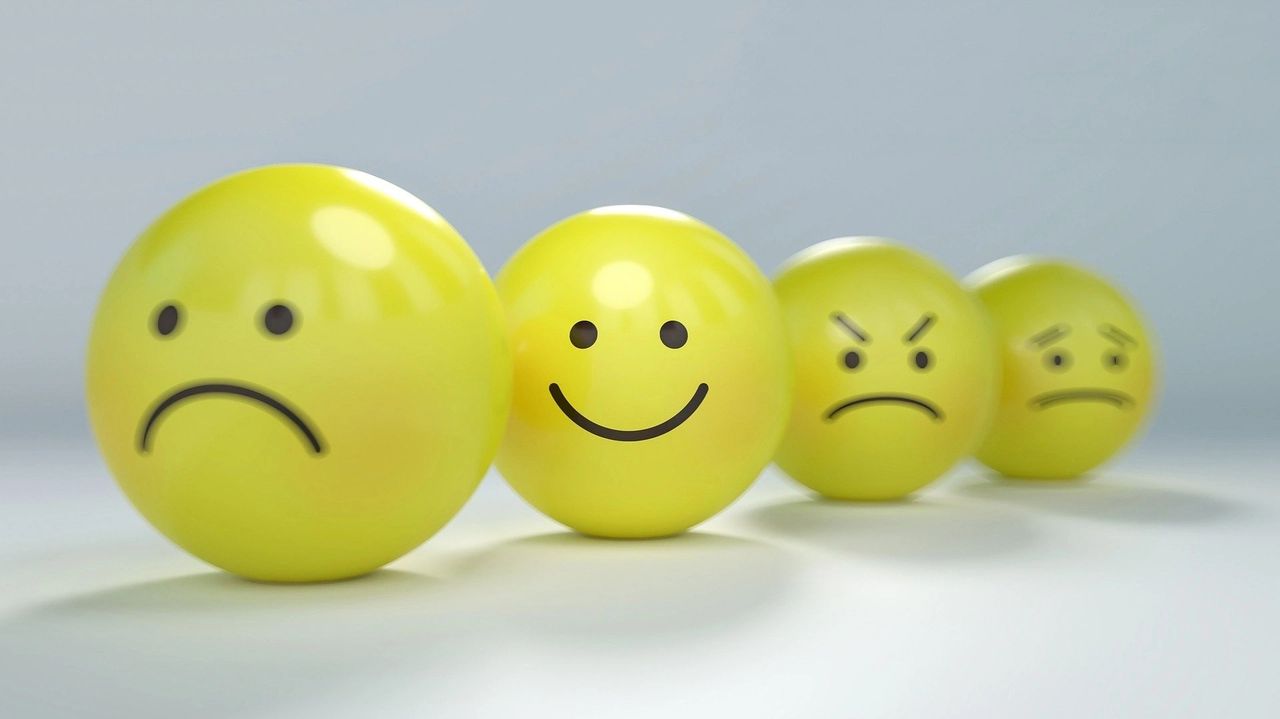Several years ago, when the Newfoundland government was in dire straits, they announced a 17-cent/liter temporary tax levy on gas prices. My Facebook feed was ablaze, and although I was living out of province, I called my younger brother to get his take.
“Well, you know, Nadine,” he said simply, in that laid-back way of his, “If paying extra for gas means I get to live in Newfoundland, so be it.”
Colour me impressed.
Wise is not a word I would normally use for my impulsive, energetic younger brother – an athletically gifted kid who spent years perfecting the easy art of pushing my buttons. Seeking more opportunities than our poor province could provide, he moved to Alberta in his early 20s and spent many challenging and unhappy years there before eventually finding his way home. With the support of our parents and our youngest brother, he rallied, met a wonderful woman, and is truly living his best life.
Turns out, my younger brother unknowingly embodies the positive psychology movement.
Positive psychology is a relatively new term in psychology, which was traditionally built by the likes of Sigmund Freud on the concept of studying problematic thought patterns and behaviour. Martin Seligman, the Freud of this movement, accidentally stumbled upon the concept in the 1960s when studying the effects of electric shocks on dogs (experiments of yesteryear are tough to revisit).
He posited that humans can exhibit a concept of ‘learned helplessness,’ a term describing the feeling of hopelessness when nothing we do makes any difference to our success and life. Building upon this, positive psychology embraces concepts such as optimism and gratitude to help reshape our brains, focusing on productivity gains by simply looking on the bright side.
Statistics have shown overwhelmingly that positivity improves one’s health, output, income, social status, and overall well-being. Seligman’s book, Authentic Happiness, opens with a study on Catholic nuns who wrote about their lives as they entered their sisterhood, and later tracks how long each lived. Those who wrote about their joy and hope as they emerged into their vocation lived longer than those who wrote about the drudgery of their lives.
Quite simply (and perhaps not shockingly), he suggested that those who are more optimistic live longer and more fulfilled than the pessimistic among us.
Further, those who keep gratitude journals have found that over time, they are happier, more productive, and perform better in their daily activities. While there is value in pessimism, or as many of us like to define it, realism, those who learn to embrace a glass half full outlook will live longer and most importantly, be happier than the rest of us.
Well, that’s all fine and good Nadine, you’ll say, but how the heck can we be happy? Not all of us are lucky enough to be born optimistic, particularly when life has shown repeatedly that it’s better to couch our expectations and remain cynical. My Irish-Catholic background promotes a superstitious outlook, teaching me to temper my positivity. As we say in Newfoundland: Nice day if it don’t rain.
Point taken. It’s difficult (but not impossible) to become more optimistic, however, rather than strive to be cheerful, we can attempt to change the way we look at the world. The pursuit of happiness is a misnomer, as the happiest among us are not those who explicitly attempt to be happy.
Like my brother, they are those that have learned, failed ‘upward,’ and rather than let life beat them down, made conscious decisions to put one foot in front of the other. As psychologists have told us over and over again, happiness is a choice. Optimism is one element, attitude is another.
While many of us struggle to remain optimistic due to our temperaments, culture, or upbringing, we can adjust our attitudes. In the same ways we strive to eat healthily and exercise (activities, by the way, that have been linked with happiness), we can learn to be grateful, look on the bright side, and change our minds to become happier.
Regardless of the current state of gas prices.


